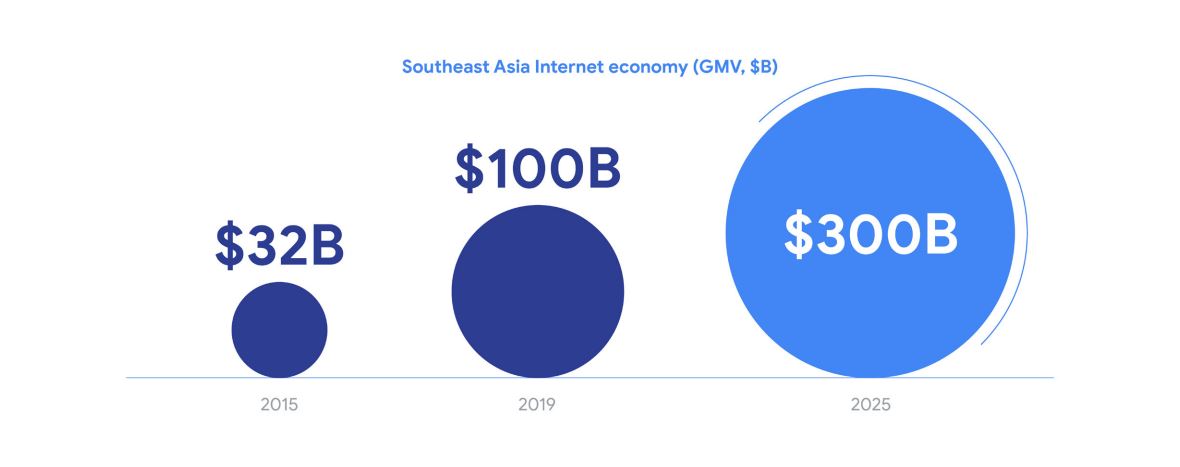Due to the coronavirus pandemic, the law requires everyone to remain at home for an unknown period to curb the spread of the virus.
Thanks to technology, people can lessen the boredom associated with staying at home by surfing the internet for online casino games, shopping, YouTube streaming, and watching Netflix.
However, as GClub observes, the e-commerce platform in South East Asia is changing due to COVID19.
The worth of South East Asia’s online market is expected to reach $300 billion by 2025. The high e-commerce in this region is due to an increasing disposable income, young internet consumers, and a high rate of mobile internet penetration.

It is also attributed to changing consumers’ behaviors in sectors such as online media, online travel, online gaming, and e-commerce. By 2019, Indonesia, Thailand, Malaysia, Philippines, Singapore, and Vietnam had 150m, 57m, 25.28m,4.92m, 76m, and 64m mobile internet users, respectively.
Estimates from the Consultancy and Research Firm Media Partners Asia, internet use in South East Asia increased from 36.4 billion to 58 billion minutes between January and April 11. People are carrying out most of their tasks, especially shopping.
The increase in internet use results in a new issue: online fraud.
The current strong presence of online crimes will increase, as most people are at home, unemployed, and bored.
The deadly coronavirus and its spread have led to “an explosion of cybercrime” with criminals preying on people desperate for ways to protect themselves and those they love, according to a recent report prepared for ICANN.
Other than the already existing financial crimes involving attempts to hack online credit card sites and bank accounts, the sharking of online loans is likely to increase due to the looming economic downturn and the high rates of unemployment.
Also, currently, there are more online scammers dissimulating representatives of social security agencies and asking for people’s confidential details. They inform the victims that their phone numbers are linked to particular crimes and, thus, they have committed offenses that need investigation, or there are cases against them.
They are lured to disclosing their online banking details, passport details, and NRIC numbers. Online scammers are impersonating employees from government offices, telecommunication service providers, and courier companies.
However, the government warns citizens against disclosing such sensitive information, claiming that no government agency can ask for personal information or money transfer over automated machines or the phone.
COVID19-related online frauds
No sector is safe from the COVID19-related online frauds, even the gaming industry. Online casino gamers are the main victims of the new wave of online scams.
The pandemic, which saw an increase in the number of people engaging in online games to reduce boredom, delivered a large number of potential victims of online frauds. In this case, typical frauds involve selling game assets or a gaming account cheaply, which in most cases, turns out to be fake.
Aside from that, online gamers may receive suspicious SMS or emails that claim to be from online gambling sites to offer in-game bonuses or credit. For instance, a suspicious gambling site will claim to provide free products for newly registered members.
Gamers should not accept any offers from such sites. If offers from a site seem too good to be true, be sure to delete it immediately! Moreover, the government appears to be conducting investigations on this issue. A reliable source informed us, “the police forces are aware of the online casino-related scams and are looking into the issue.”
As you stay safe from coronavirus, also stay safe from online fraud, and particularly in online gaming. For genuine online casino gaming, visit the GClub (จีคลับ).
Also, avoid clicking on links that claim to offer credit on games, contribute to crowd funding campaigns, purchase online products, give information on COVID19, or donating to online charities. Seek information first before clicking on these links!







